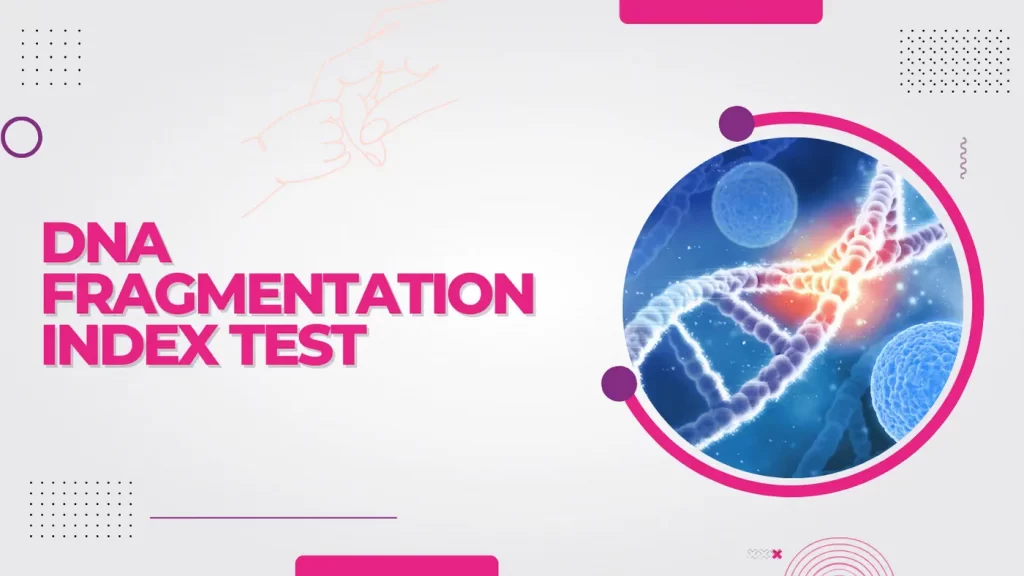
Almost 50% of all cases of infertility may be associated with a male factor. A semen analysis that measures sperm concentration, motility and morphology has classically been used as the gold standard test for determining a man’s fertility. However, this test does not provide any information about the genetic constitution of the sperm, which is essential for normal embryo development. Thus a high level of DNA damage in sperm cells may represent a cause of male infertility that conventional examinations cannot detect. Sperm DNA fragmentation is significantly higher in infertile men and while men with semen parameters are more likely to have high sperm DNA fragmentation. High sperm DNA fragmentation is also found in men with normal semen parameters who may be diagnosed with unexplained infertility. High DFI of sperms can cause fertilization and implantation failure, increased risk of pregnancy loses.
Indications for DNA Fragmentation Test
- Unexplained infertility
- Arrested embryo development
- Por blastocyst development
- Multiple failed IVF/ICSI treatment
- Recurrent miscarriage in partner
- Advanced age
- Varicocoele/varicocoelectomy surgeries
- poor semen parameters
- exposure to harmful substances, smoking
- Diabetes
The DFI Test
Many tests have been developed to measure sperm DNA damage, but they all use slightly different procedures and result in different standards of measurement. The SCSA test is the most widely used method. It involves treating sperm with a chemical dye; broken sperm DNA turns red, normal sperm DNA turns green. The test is done on semen test with 2 to 7 days of abstinence.
Once the donor is selected, donor undergoes IVF stimulation and donates her oocytes which are fertilized by recipient’s sperms and the resulting embryos are frozen. These embryos are later transferred into recipient after preparing her for embryo transfer using hormone replacement therapy.
Results are reported showing 4 statistical categories of fertility potential:
≤ 15% DFI = excellent to good sperm DNA integrity
> 15 to < 25% DFI = good to fair sperm DNA integrity
> 25 to < 50% DFI = fair to poor sperm DNA integrity
≥ 50% DFI = very poor sperm DNA integrity
The test provides a reliable analysis of sperm DNA integrity that may help to identify men who are at risk of failing to initiate a healthy ongoing pregnancy. Information about sperm DNA integrity may help in the clinical diagnosis, management and treatment of male infertility and may be of prognostic value in assessing outcome of assisted conception treatment. Identification of high levels of DNA fragmentation in the sperm may guide the clinician as to whether to chose testicular sperms for ICSI or sperm donation may be appropriate. Sperm DNA fragmentation testing may help couples make an informed choice regarding their subsequent course of treatment.